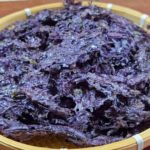Malnutrition in older adults is a serious issue, and while many focus on essential nutrients like proteins and carbohydrates, micronutrients are often overlooked. Here are five common micronutrient deficiencies that you should be aware of to ensure the well-being of your elderly loved ones:
1 Calcium Deficiency in Older Adults
Calcium is a critical mineral for bone health. As we age, our bodies tend to lose calcium, leading to potential health risks. According to PGS.TS. Nguyen Thi Lam, former Vice President of the National Institute of Nutrition, calcium is essential for building strong bones and teeth, as well as regulating blood pressure and blood clotting.
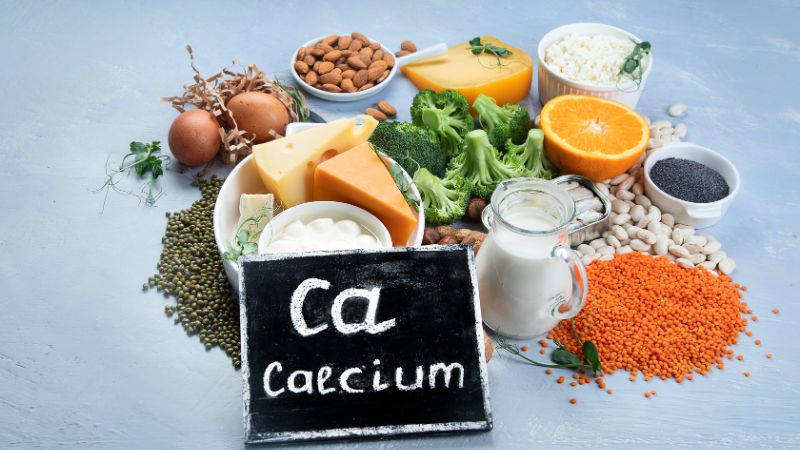 Calcium Deficiency in Older Adults
Calcium Deficiency in Older Adults
Older adults often have reduced absorption capabilities, leading to lower calcium intake. As a result, the body utilizes calcium from the bones to support other vital functions, increasing the risk of osteoporosis and bone fractures.
Calcium-rich foods for older adults include dairy products, leafy greens, tofu, sardines, and calcium-fortified foods.
2 The Importance of Vitamin D for Seniors
Vitamin D is essential for bone and joint health, as well as a robust immune system. It also plays a crucial role in calcium absorption. A deficiency in this vitamin can hinder the body’s ability to absorb sufficient calcium.
Many older adults experience a lack of vitamin D, so it’s important to spend more time outdoors to boost vitamin D levels or consult a doctor about potential supplements.
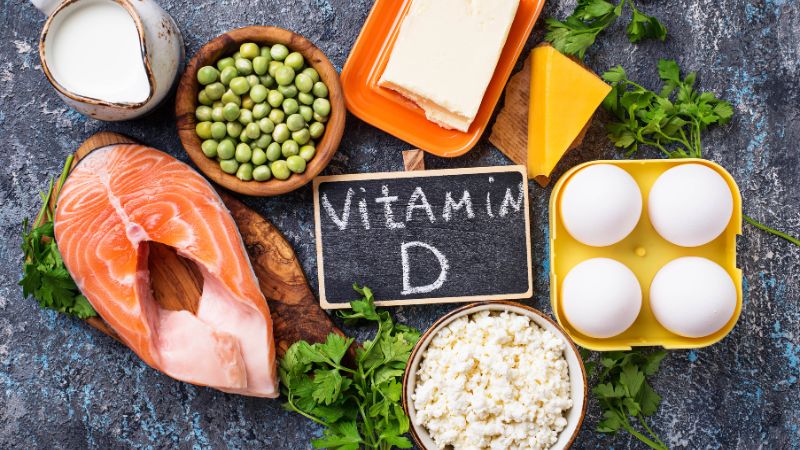 The Importance of Vitamin D for Seniors
The Importance of Vitamin D for Seniors
3 Folate to Combat Aging
Folate, or folic acid, is a type of B vitamin that offers benefits beyond pregnancy. In older adults, folate can help slow down the aging process and improve cognitive function. In addition to supplements, folate is found in leafy greens, citrus fruits, fortified cereals, and breakfast bars.
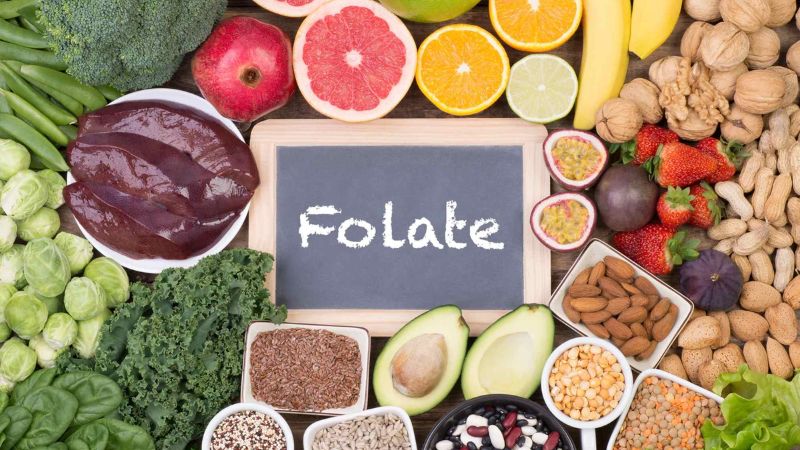 Folate to Combat Aging
Folate to Combat Aging
4 Vitamin B12 for Neurological Support
Vitamin B12 is vital for healthy DNA and red blood cell production, as well as neurological function. Many older adults struggle with B12 absorption, so it’s important to include B12-rich foods in their diet, such as fish, poultry, meat, dairy, and B12-fortified breakfast cereals.
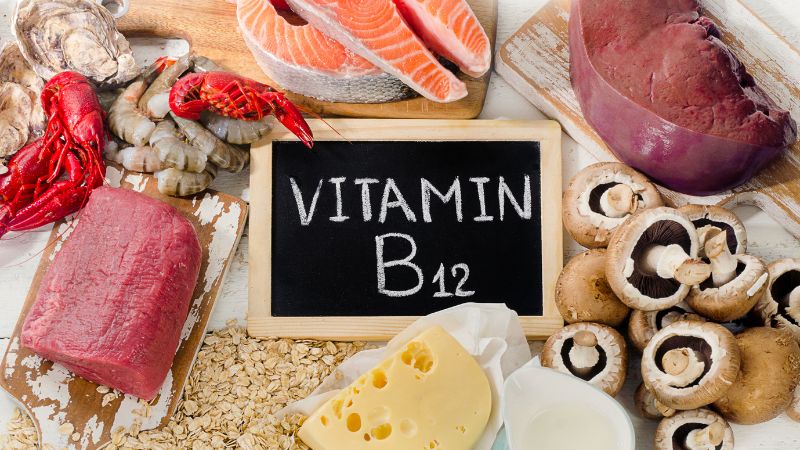 Vitamin B12 for Neurological Support
Vitamin B12 for Neurological Support
5 Vitamin E for a Stronger Immune System
Vitamin E is a fat-soluble vitamin with powerful antioxidant properties that can help reduce chronic disease risks and boost the immune system. It also plays a role in the body’s metabolic processes. Include vitamin E-rich foods like nuts, seeds, eggs, lean meats, beans, and green vegetables in your diet.
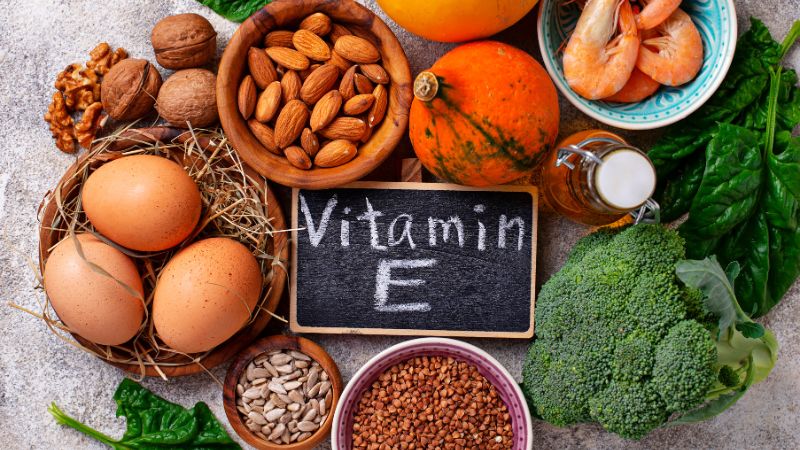 Vitamin E for a Stronger Immune System
Vitamin E for a Stronger Immune System
These are the five most common micronutrient deficiencies in older adults. By addressing these issues, you can ensure the health and well-being of your elderly loved ones. Stay informed and take proactive steps to support their nutritional needs!
Source: Health and Life Newspaper



























